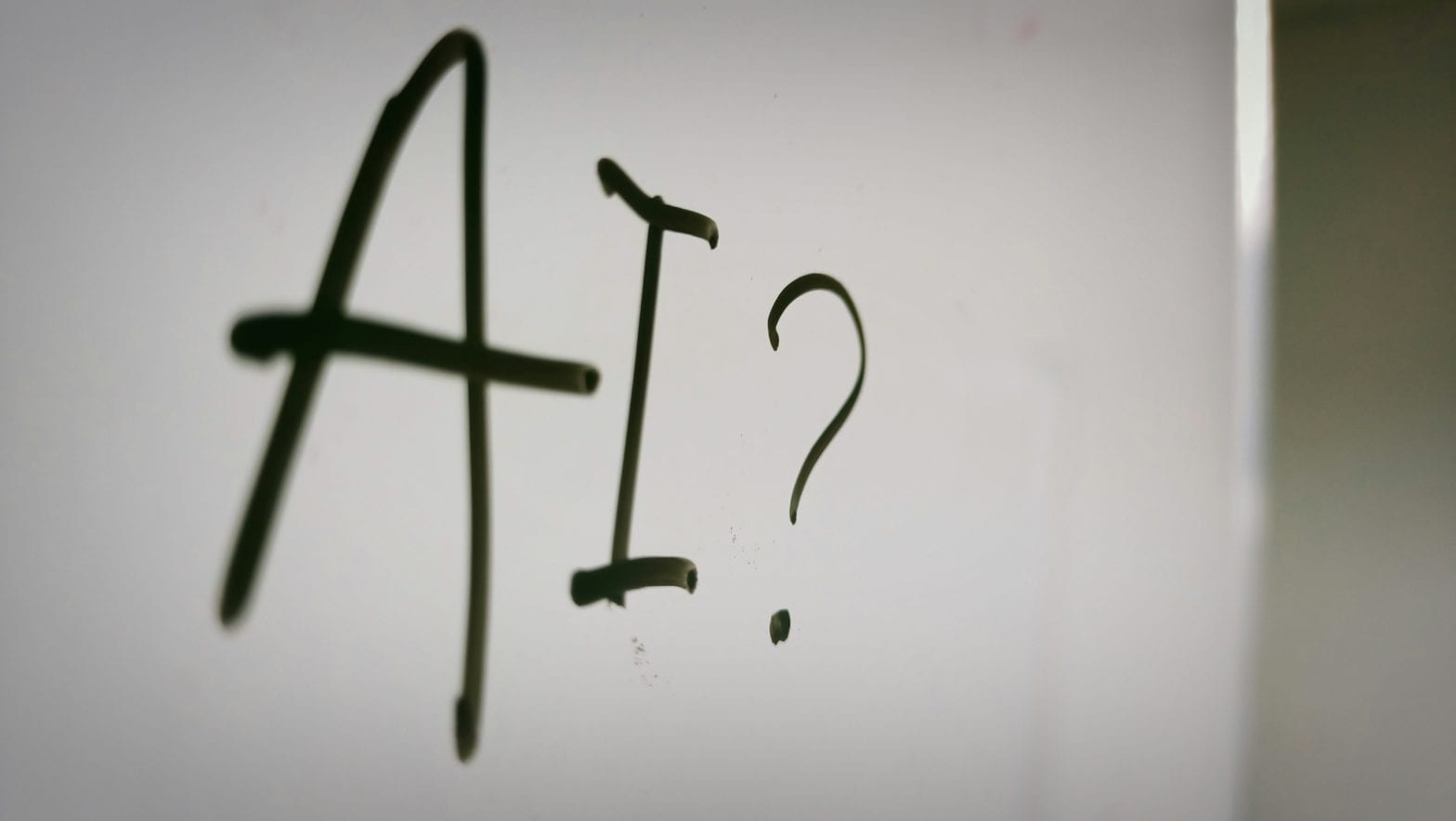Artificial Intelligence (AI) holds the potential to transform market dynamics, but it also poses significant risks, including the possibility of facilitating cartel behavior through predictive algorithms, according to Competition Commission of India (CCI) Chairperson Ravneet Kaur. In an exclusive interview with PTI, Kaur emphasized that while AI’s mere use is not inherently anti-competitive, its manipulation to foster collusion could present serious regulatory challenges.
The CCI, tasked with safeguarding fair business practices, has launched a comprehensive study on AI and its impact on competition, which is set to conclude by mid-2025. The investigation will delve into a range of issues, including the role of AI in logistics and the broader implications of algorithmic decision-making in the market.
Kaur highlighted the regulator’s focus on fostering ecosystems that promote both innovation and transparency in algorithmic processes. “AI has the potential to aid cartelisation by automating collusive behavior through predictive algorithms,” she stated, noting that the CCI’s primary goal is to ensure that AI operates within frameworks of accountability while encouraging technological advancements.
In response to growing concerns about AI’s role in antitrust matters, Kaur confirmed to the PTI that the regulator would address these challenges through advocacy outreach and an appropriate enforcement mechanism. The CCI, which has previously issued orders against technology companies for alleged anti-competitive conduct, is also bolstering its capacity to address the complexities of the digital age.
As part of its ongoing efforts, the CCI is also recruiting data analysts, and further expansion of the Digital Markets Division will be considered once ex-ante regulation measures take form. These regulations, aimed at preemptively addressing potential anti-competitive practices, will play a crucial role in shaping the future of competition law in the age of AI.
The rise of big tech and e-commerce platforms presents unique regulatory challenges due to their scale, intricate ecosystems, and rapid pace of innovation. However, Kaur assured that the CCI is addressing these issues with a robust regulatory framework, drawing from global best practices and engaging with stakeholders across the sector.
In its annual report for 2023-24, the CCI revealed it had received 50 anti-trust complaints, initiated prima-facie investigations into 33 cases of alleged anti-competitive conduct, and approved or disposed of 101 mergers and acquisitions.
